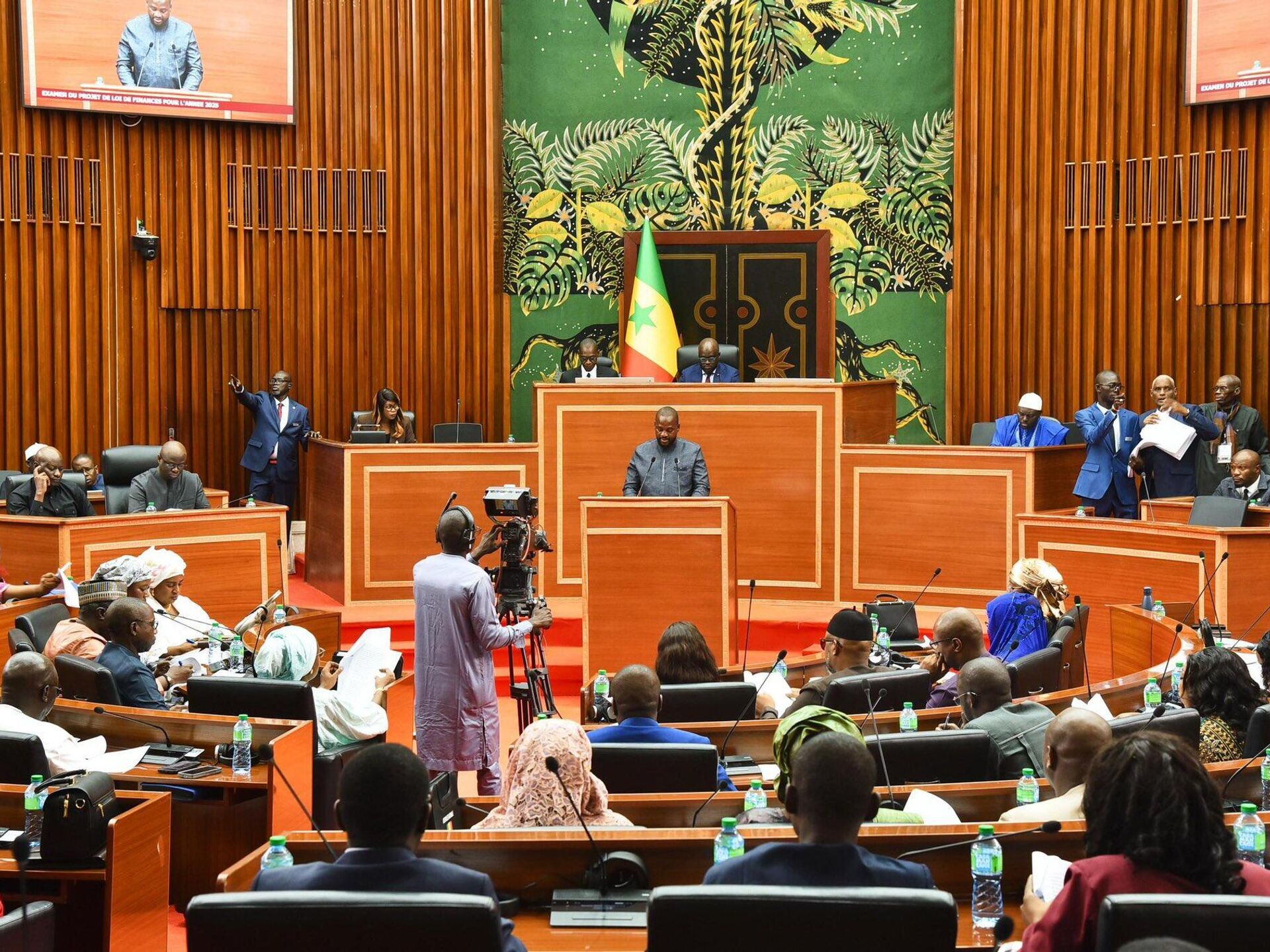
The Senegalese National Assembly has overwhelmingly adopted the 2025 amended finance law, signaling a new chapter in the country’s fiscal policy.
After a full day of intense deliberations on Saturday, June 28, lawmakers voted 126 in favor, 11 against, and two abstentions out of 140 deputies present.
Announced by National Assembly President El Malick Ndiaye at the close of the plenary session, the revised law aims to reduce the nation’s budget deficit and restore macroeconomic stability.
Finance and Budget Minister Cheikh Diba, who led the defense of the bill, explained that projected revenues have been revised down from 5,014.3 billion CFA francs to 4,884.3 billion – a reduction of 130 billion.
“Where we are, we must recover.
We must do it,” Diba told parliament, emphasizing the urgency of stabilizing public finances.
The government’s revised targets include cutting the deficit to 7% of GDP in 2025 and further to 5% by 2027.
The minister also outlined strategies such as asset recycling, refinancing mechanisms, and guarantee agreements being negotiated with international partners.
Tensions rose in the chamber when Diba revealed that over 4,000 billion CFA francs in public debt—roughly $7 billion—had been omitted from official accounts under the previous administration.
This figure emerged from a “neutral” audit report by the Court of Auditors, covering 2019 to 2024.
The revelation sparked fierce exchanges with opposition MPs, including Aïssata Tall Sall and Thierno Alassane Sall.
As the debate settled, attention turned to the conclusion of the 2024-2025 ordinary session of parliament, set for Monday, June 30 at 11 a.m.
The formal closing will welcome key regional dignitaries, including Fabakary Tombong Jatta of Gambia, Mohamed Bamba Ould Meguett of Mauritania, and Morocco’s Abdel Fassi-Fihri.
Senegal’s parliamentary year will end with speeches from invited guests and a final address by Assembly President El Malick Ndiaye, highlighting a moment of transition and renewed fiscal responsibility.



